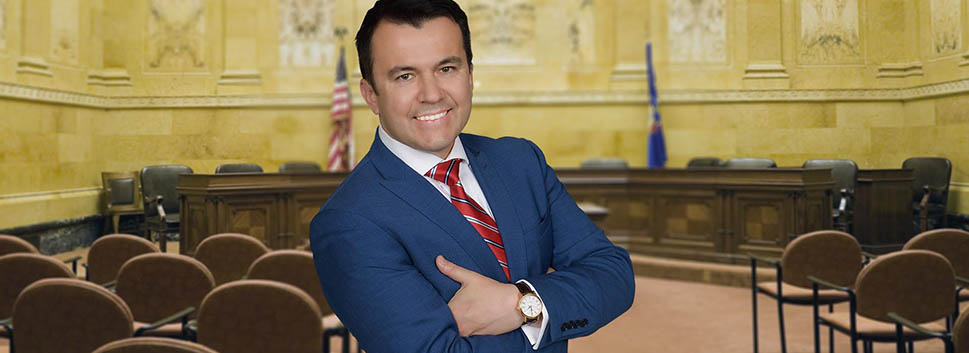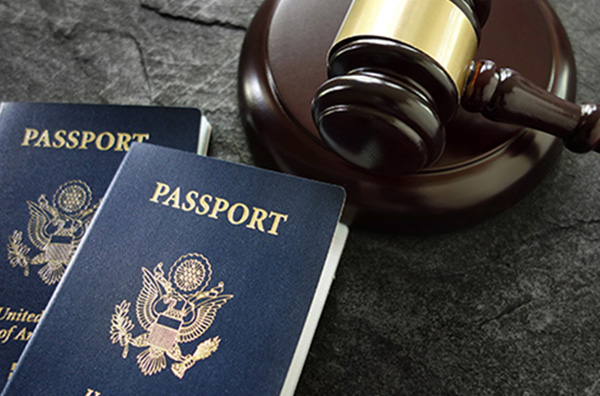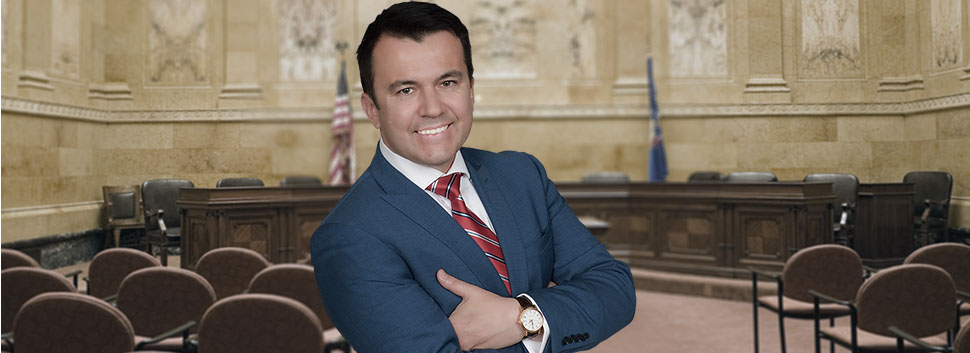Copyright and AI-Generated Works: What You Need to Know
The rise of artificial intelligence in content creation has raised complex legal questions, particularly regarding copyright ownership and intellectual property rights. The U.S. Copyright Office and courts have consistently held that copyright protection applies only to works created by human authors. This means that works fully generated by AI—without substantial human creative input—are not eligible for copyright under current law....
Continue reading
















